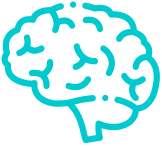Back to top

dentsu consumer vision
Download chapter 4 - The Human Dividend
By 2030, appealing to emotion will become an even more powerful way of asserting truth than objectivity or rationale/critical thinking.
Fuelled by social media and the development of AI-generated deepfakes, the blurred lines between fact and fiction will make many consumers more inclined to go with their gut and prioritise emotional responses in decision-making.
This complex terrain will make it increasingly important for brands to focus on transparency to substantiate any claim they make about their products or services, as well as providing novelty.
Emotion trumps objectivity
Trend Three
Mark Pesce
Futurist and innovator
In this decade everything is emotion: every job is emotion, every role is emotion and all of the skills you needed to maintain a position in an organisation are also emotion.


Rachel Botsman
Trust expert and author
Echo chambers and filter bubbles and confirmation bias… that very much is in the DNA of what digital technologies want to do and it will get worse.


Consumers will seek serendipity and surprise in how they spend their free time, providing new opportunities for brands willing to curate seemingly spontaneous moments of discovery.
The rise of immersive leisure experiences will drive renewed appeal for offline, human-led fun. Expect the growing appeal of sustainable and social purpose led experiences, providing new opportunities for brands as curators of offline experiences.
7 in 10 consumers agree COVID-19 has increased their interest in the good life/more sustainable pastimes.
Objective-free play
Trend TWO

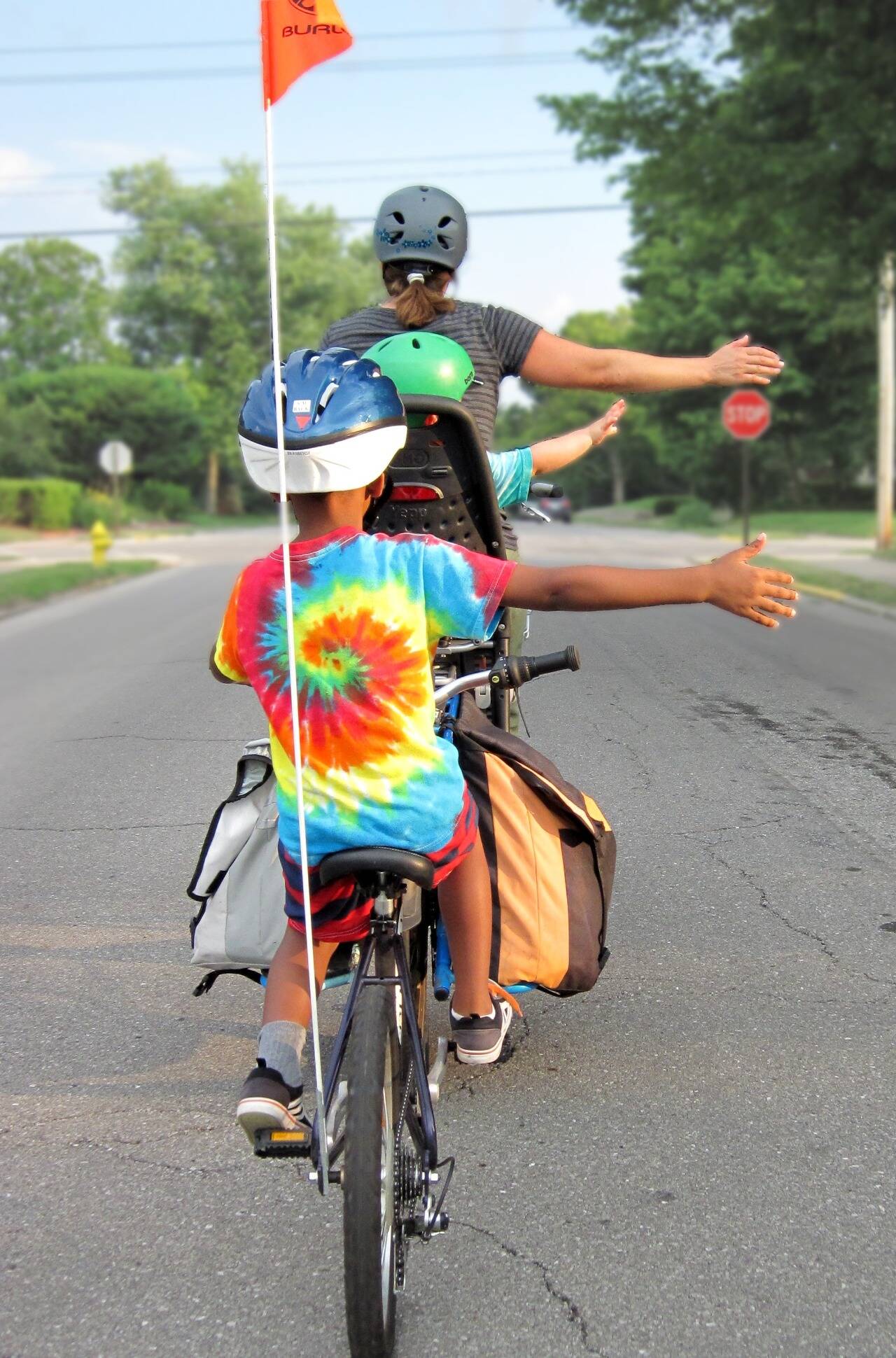
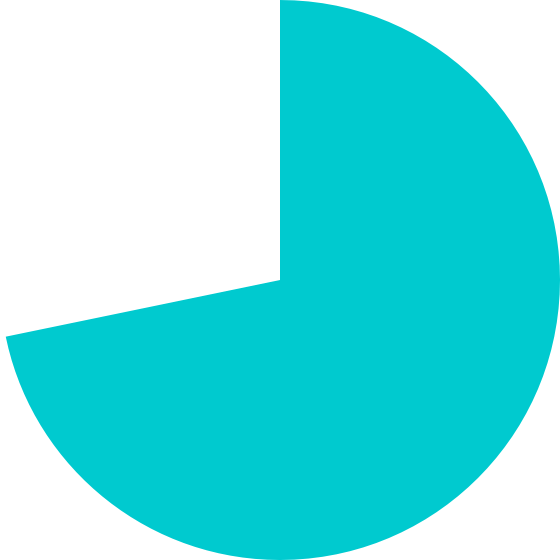
70%
By 2030 there will be an even greater premium on human skills such as creativity and compassion—and the brands that successfully embody those traits.
Embedding and nurturing human skills and traits across a customer base and workforce will become a dominant brand attribute.
Human vs. automated services will become a key factor in consumer choice, with humanised service will be at the centre of premium brand propositions by 2030.
What robots can’t do
Trend one

The Human Dividend
Macro theme FOUR

Launch of the first AI voice assistant that can provide hyper-personalised leisure suggestions
2026
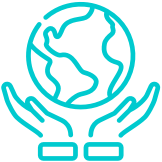
The ASA in the UK makes blockham evidence compulsory for specific CSR brand claims
2028
All public schools in the EU include human skills as part of their required curriculum
2024

‘Made by humans’ product labels designate the level of human vs. robot input
2029

Inaugural ‘Burst the Filter Bubble’ event held in San Francisco
2027

First major tech company shifts its workforce to a 4-day working week
2022

Governments begin to impose fines on social media firms that don’t curb manipulated media and information
2021
The pathway to a world that celebrates The Human Dividend will be characterised by a number of potential signposts and events. When will a tech company be the first to move to a 4-day working week? When might ‘Made by Humans’ be a common product label? Find out more in this chapter.
The Human dividend
pathway to 2030
TREND ONE:
What robots can’t do
TREND TWO:
Objective-free play
TREND THREE:
Emotion trumps objectivity

Macro theme FOUR
The Human Dividend
TREND ONE:
What robots can’t do
TREND TWO:
Objective-free play
TREND THREE:
Emotion trumps objectivity
By 2030 there will be an even greater premium on human skills such as creativity and compassion—and the brands that successfully embody those traits.
Embedding and nurturing human skills and traits across a customer base and workforce will become a dominant brand attribute.
Human vs. automated services will become a key factor in consumer choice, with humanised service will be at the centre of premium brand propositions by 2030.
What robots can’t do
Trend one
Consumers will seek serendipity and surprise in how they spend their free time, providing new opportunities for brands willing to curate seemingly spontaneous moments of discovery.
The rise of immersive leisure experiences will drive renewed appeal for offline, human-led fun. Expect the growing appeal of sustainable and social purpose led experiences, providing new opportunities for brands as curators of offline experiences.
7 in 10 consumers agree COVID-19 has increased their interest in the good life/more sustainable pastimes.
Objective-free play
Trend TWO
By 2030, appealing to emotion will become an even more powerful way of asserting truth than objectivity or rationale/critical thinking.
Fuelled by social media and the development of AI-generated deepfakes, the blurred lines between fact and fiction will make many consumers more inclined to go with their gut and prioritise emotional responses in decision-making.
This complex terrain will make it increasingly important for brands to focus on transparency to substantiate any claim they make about their products or services, as well as providing novelty.
Emotion trumps objectivity
Trend Three
dentsu consumer vision
Download chapter 4 -
The Human Dividend

70%

Mark Pesce
Futurist and innovator
In this decade everything is emotion: every job is emotion, every role is emotion and all of the skills you needed to maintain a position in an organisation are also emotion.


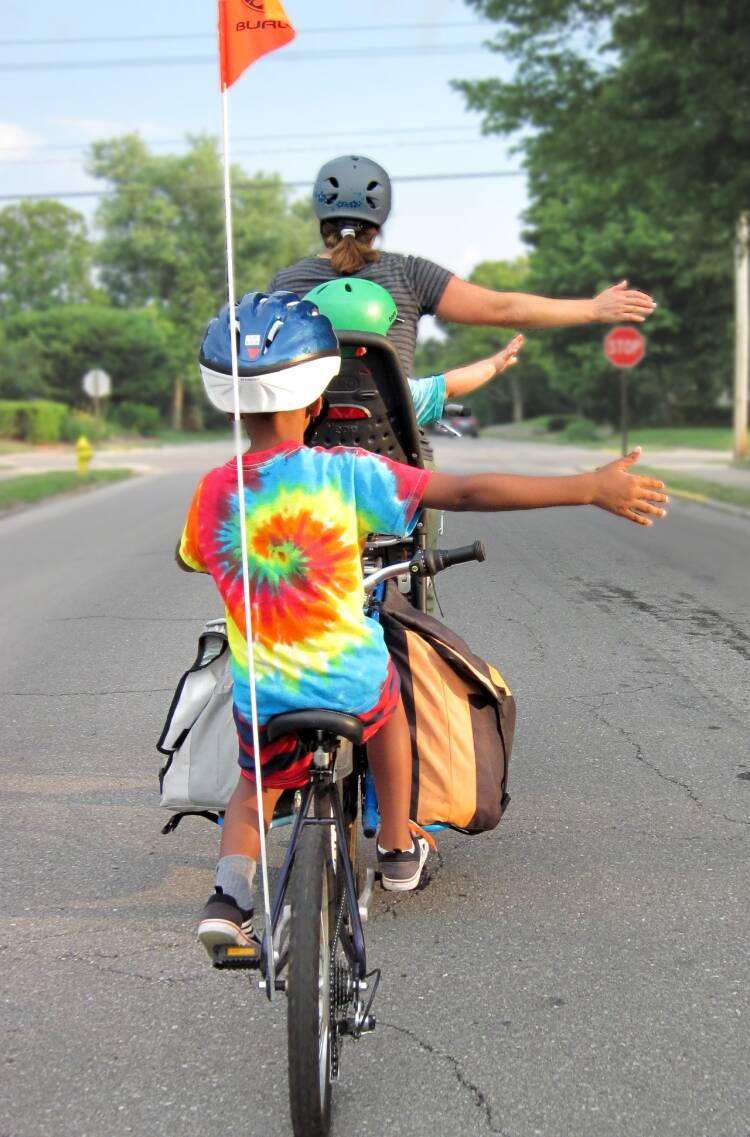

The pathway to a world that celebrates The Human Dividend will be characterised by a number of potential signposts and events. When will a tech company be the first to move to a 4-day working week? When might ‘Made by Humans’ be a common product label? Find out more in this chapter.
The Human dividend
pathway to 2030


Governments begin to impose fines on social media firms that don’t curb manipulated media and information
2021

First major tech company shifts its workforce to a 4-day working week
2022
All public schools in the EU include human skills as part of their required curriculum
2024

Launch of the first AI voice assistant that can provide hyper-personalised leisure suggestions
2026

Inaugural ‘Burst the Filter Bubble’ event held in San Francisco
2027

The ASA in the UK makes blockham evidence compulsory for specific CSR brand claims
2028

‘Made by humans’ product labels designate the level of human vs. robot input
2029
Rachel Botsman
Trust expert and author
Echo chambers and filter bubbles and confirmation bias… that very much is in the DNA of what digital technologies want to do and it will get worse.


